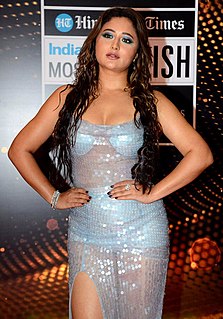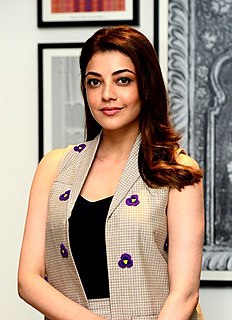A Quote by Charlie Cox
What I like about fairy tales is that they highlight the emotions within a story. The situations aren't real, with falling stars and pirates. But what you do relate to is the emotions that the characters feel.
Related Quotes
One cultivates spaciousness or awareness which allows you to acknowledge the emotions and see them as part of the human condition. Emotions are like subtle thought forms and they all arise in response to something outside yourself. They are all reactions. You cultivate a quietness in yourself that watches these emotions rising and falling and passing away.
Everything evolves naturally in life. It's not limited to beauty or music. The more experience you get, the more you find out about yourself. Everything becomes more and more an expression of the real you. I can play different characters. Sometimes I feel tomboy or glam or playful. When you perform, you can convey emotions differently, and your look can reflect each of those emotions.
[Fairy tales] are like a journey to the woods and the many ways you can get lost. Some people say it's not a good idea to read fairy tales to anyone under the age of eight because they are brutal and raw. When I was a kid I often felt that kids's books were speaking down to me, but I never felt that way about fairy tales. They are bloody and scary, but so is life.
Fairy tales have always been about getting through the worst of everything, the darkest and the deepest and the bloodiest of events. They are about surviving, and what you look like when you emerge from the trial. The reason we keep telling fairy tales over and over, that we need to keep telling them, is that the trials change. So the stories change too, and the heroines and villains and magical objects, to keep them true. Fairy tales are the closets where the world keeps its skeletons.




































